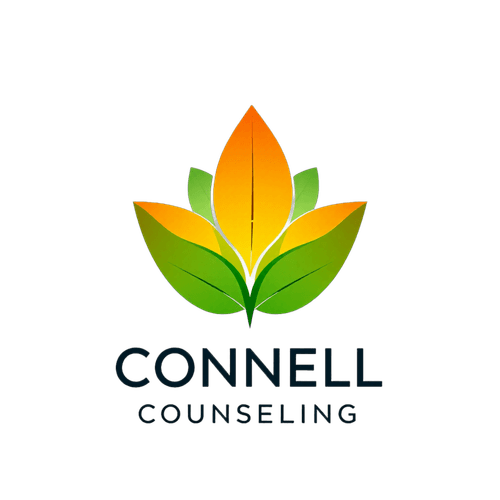🔍 1. Deeper Self-Awareness
• You’re likely noticing more about: ○ Your emotional triggers ○ How you cope under stress ○ The core beliefs driving your behaviors (e.g. “I’m not enough” or “I have to be perfect”) This week often involves seeing how past experiences (family dynamics, trauma, etc.) continue to shape present challenges.
